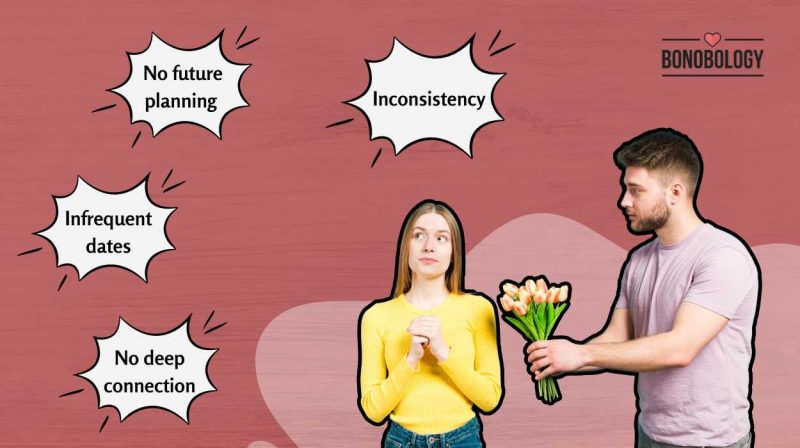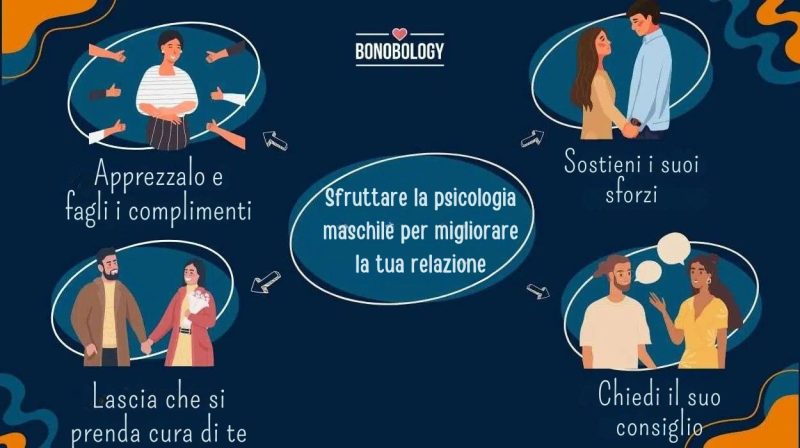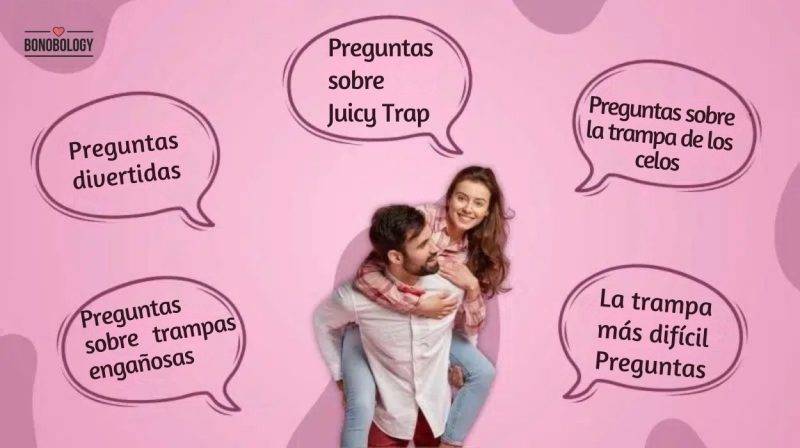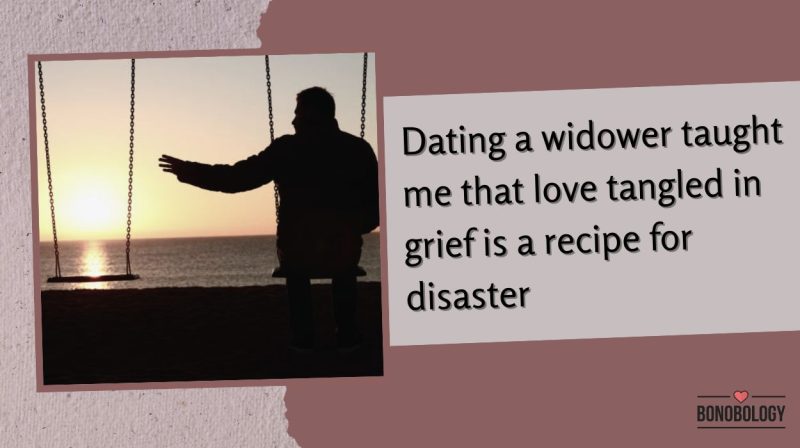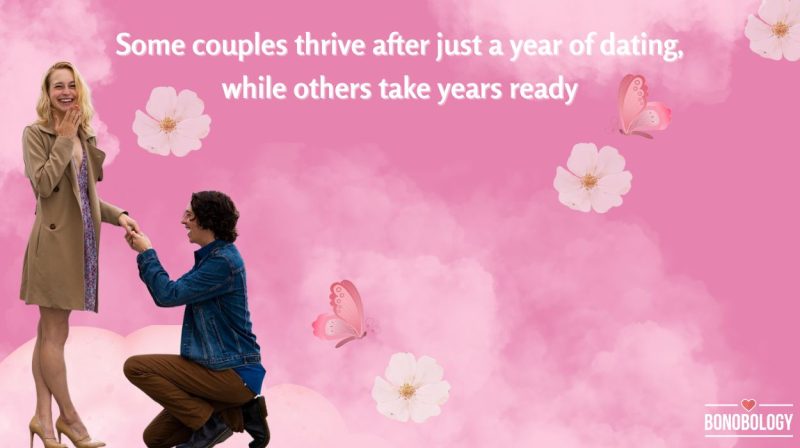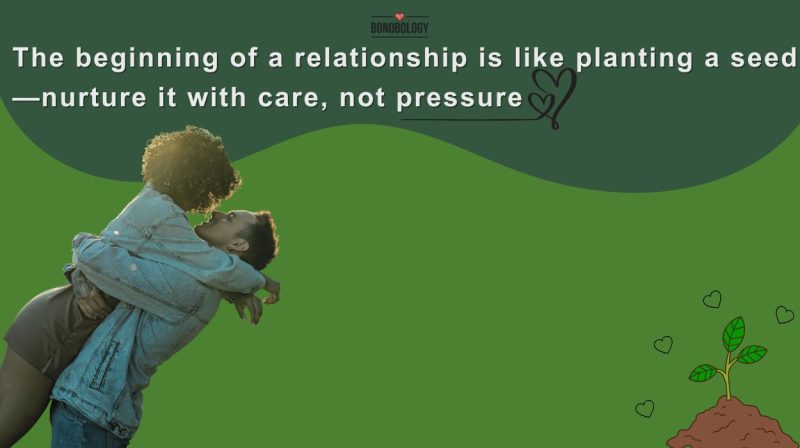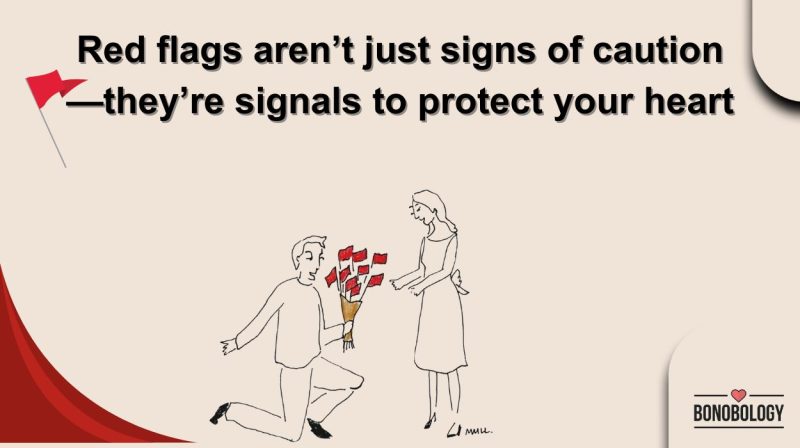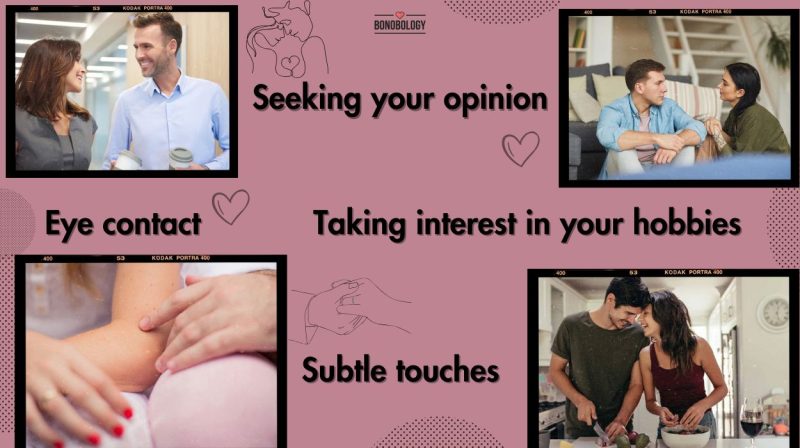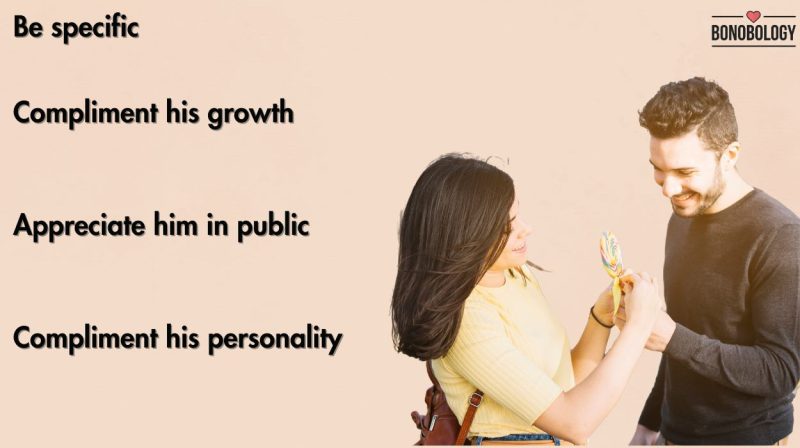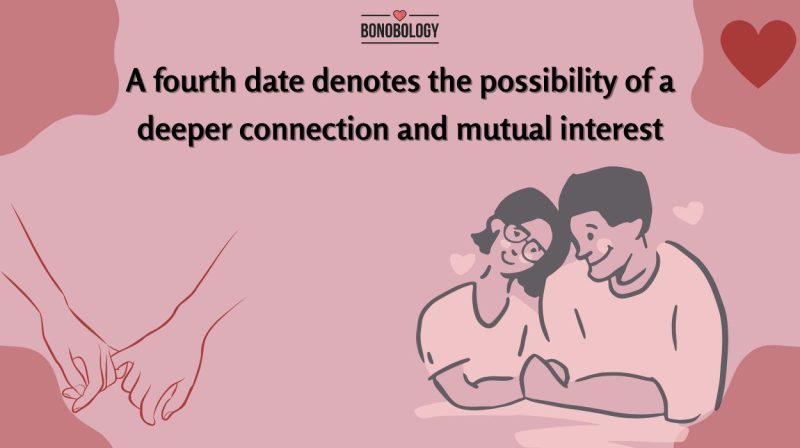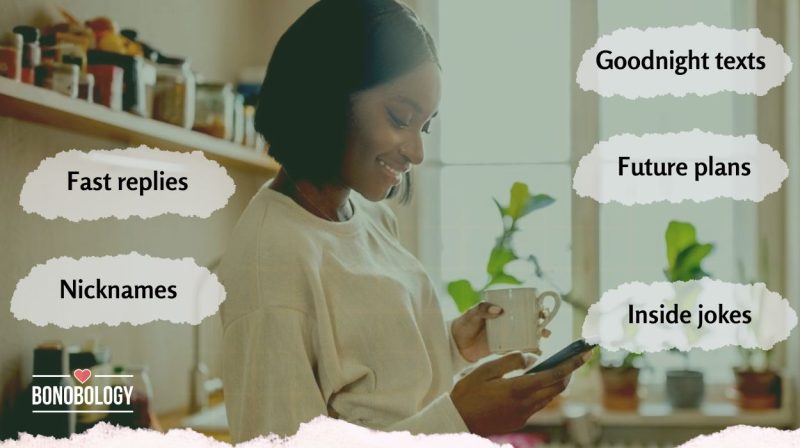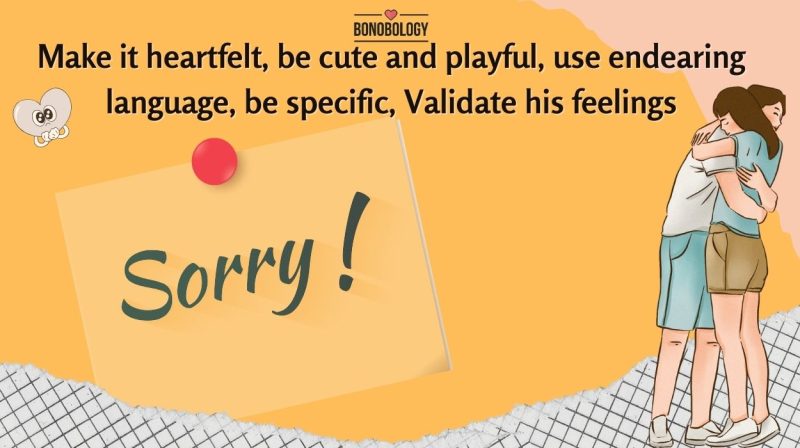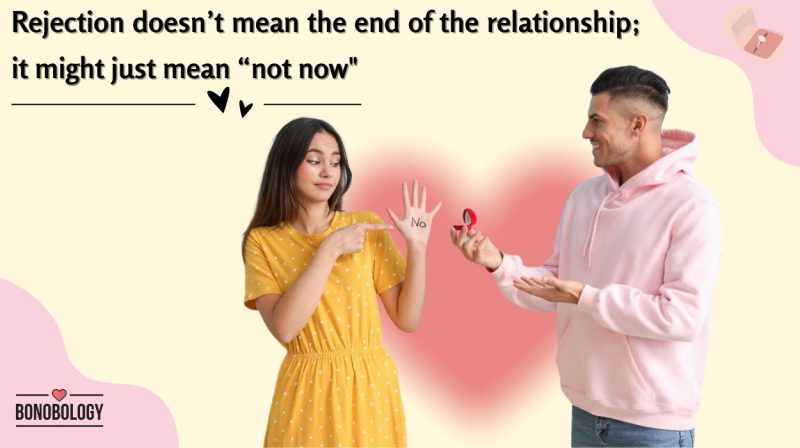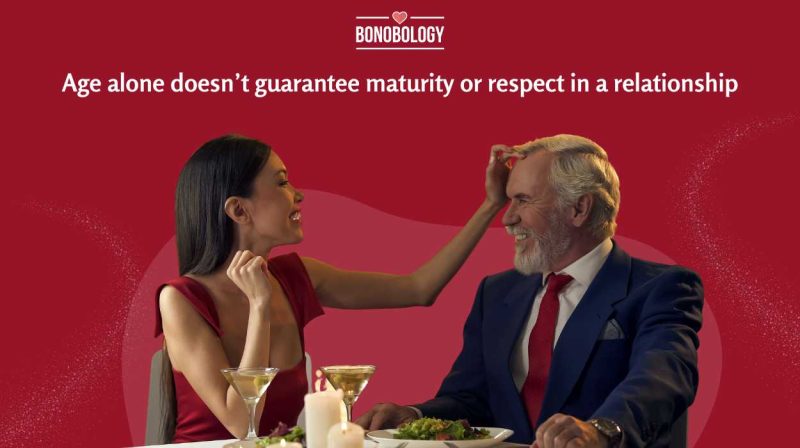Situationship is a relatively new term in the dating landscape, often heard in gen Z or millennial circles. Urban Dictionary describes situationship meaning as a connection or bond between two partners without any specific label to define their situation. The classic situationship vs relationship difference is that there’s no commitment or exclusivity in this agreement.
To bring more clarity on signs of a situationship, we got some insights from psychotherapist Hvovi Bhagwagar (M.A. in Clinical Psychology), who has over two decades of experience in the field of mental health practice, training, and research. So, if you’re looking for situationship meaning, or wondering how to end a situationship, read on.
What Is A Situationship?
Table of Contents
“Any type of relationship which hasn’t been formalized, and where a sense of commitment is lacking, is a situationship,” Hvovi says. In other words, it is a relationship that has no clear definition, where you’re ‘seeing each other’ but not ‘dating’.
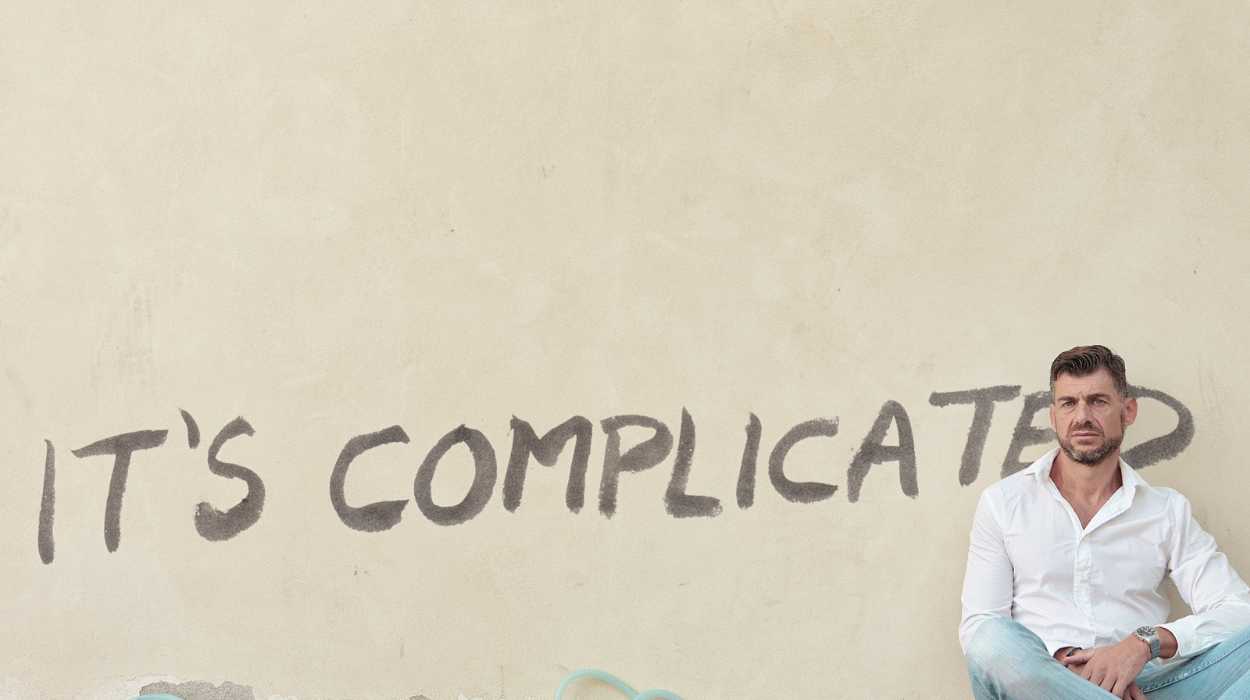
From a distance, situationships look very glamorous and let’s face it, somewhat alluring too. Who doesn’t want to enjoy all the sex without having to deal with the ‘where is this relationship going?’ bullet shot at them? But the real drama begins after you get into this sort of a relationship. Also, since situationships have no specific definition, they can be seen in different forms. Let’s discuss the different types of situationships.
Related Reading: 11 Types Of Casual Relationships That Exist
Types of situationships
The only defining factor of a situationship is that there are no labels or agreed-upon boundaries or limitations in the partnership. This can give rise to many different types of arrangements as the participants don’t know what’s acceptable and what’s not. Hvovi says, “I have seen couples struggle with different types of situationships and terrible situationship anxiety. Let me give you a few examples:
1. One-sided situationship
Here, the couple engages in absolutely amazing sex and have emotional intimacy. However, one of them is going on frequent dates to keep their options open and this makes the other partner sad, frustrated, and anxious. But they both agreed on this non-committed relationship from the very beginning, so the attached partner finds getting over a situationship difficult.
2. Purely physical situationship
It’s only the physical act that’s drawing the couple close. There is no emotional connection. It’s one of those situationships where one partner leaves the apartment right after the lovemaking. And again, the other partner falls back to feeling taken for granted.
3. Casual flirting
This is a type of situationship without sex. They meet, they talk, but sexual intimacy is still a few steps away. In such an arrangement, the thought of “Will this person ever fall for me completely?” or “Will it ever lead to something worthwhile?” gives you situationship anxiety.”

10 Signs You’re In A Situationship
The more loosely defined and vague your connection is, the more likely it is that you’re in a situationship. If you’re confused about situationship vs friends-with-benefits, remember that friends-with-benefits also has a definition, as long as both sides are on the same page.
In a situationship, it’s likely that one of you is a little more committed than the other, and since there are never any discussions about where you stand, you’re basically floating in a relationship limbo. To add to this, long-distance situationships or situationship with exes can bring their own set of complications.
Related Reading: Want To Be Friends With An Ex? 15 Things To Consider
“In a situationship, the couple is in such a place where the relationship boundaries are undefined so, it is neither merely casual sex nor is it a dating relationship. This also makes it difficult for people to figure out how to move on from a situationship” Hvovi points out. If you’re uncertain about your relationship status, here are 10 situationship signs to look out for:
1. The relationship is inconsistent
When discussing situationship meaning, inconsistency is one of the first words to come to mind because one, or both, of you aren’t clear on what you’re doing with each other or where things stand between you. One moment they’re love-bombing you, the next thing you know, it’s been 2 weeks and you haven’t heard from them. Inconsistency is one of the biggest situationship red flags.
“I was seeing this girl off-and-on for about three months,” says 27-year-old Michael. “She was fun and we had a great time. But she would disappear for days on end, and then suddenly reappear and shower me with affection all over again. I really had no idea when I would see her next, or what we were doing.”
Related Reading: Love Maps: How It Helps To Build A Strong Relationship
2. You haven’t defined the relationship
“In a situationship, the partners might not be willing to have a discussion regarding giving the relationship a name/tag,” Hvovi says. Defining the relationship would mean all kinds of expectations and opening up to each other about common relationship goals and other intimate matters, which doesn’t fit with situationship psychology.
3. One or both of you is seeing other people
If you haven’t defined the relationship, you probably also haven’t discussed if you can see other people or not. So, if one or both of you are seeing other people, but are not sure if you should feel guilty about it or it’s a mutually open relationship, you’re in a situationship.
Related Reading: An Open Relationship Gone Wrong – Wanting Commitment And More
“I went out with this guy I met on a dating app for 6 months,” says Tanya, 24. “We’d never agreed to be exclusive, but we did meet almost every weekend, and it started to feel like it might be something. And then, I realized we both were still on the dating app and seeing other people. We never talked about it though.”
4. The ‘relationship’ is based on convenience
Relationships come with compromises and inconveniences. You need to adjust your plans and schedules and sometimes, even life goals, with someone else’s, which you willingly do out of affection and love.
That is the basic situationship vs relationship difference. In a situationship, it will be all about what’s easy. Maybe you
- Live in the same area
- Are dating a coworker resulting in proximity
- Are able to show up at short notices easily
As long as that stands, you’ll be seeing each other. But as soon as it takes extra effort, you’ll notice a marked drop in communication and meetings.
In a long-distance scenario, if you’re not making an effort to talk to each other or have periodical cyber-dates, it’s more of a long-distance situationship without sex. And, as always, there won’t be any conversation about expectations and rules.
Related Reading: 10 Signs Your Relationship Is Just A Fling And Nothing More
5. No one’s meeting the family or friends
So many rom-coms revolve around a convenient date to a family wedding which eventually turns into a passionate romantic affair. This could happen in a situationship, but it’s more likely you won’t be meeting their families or friends at all as it is a sign of a serious relationship.
“Socially, the signs of a situationship don’t resemble that of a couple dynamic. There might not be a readiness to even inform social circles or family circles about the person,” Hvovi says.
“I don’t want questions from my folks or my friends,” says 25-year-old Sally, who enjoys her casual situationships. “I’m not ready to sit around and discuss what my bond with a person looks like or where it’s heading. I’m okay with not knowing what it is, and I don’t want to be put on the spot. So, I keep my dates away from my social circles.”
6. You don’t celebrate special occasions together
As discussed above, one of the common situationship signs is that family is off-limits. So, it’s unlikely that you’d ditch your family and close friends on special occasions and holidays for a ‘situational person’. Also, sending someone a special birthday gift or flowers would require you to get to know them well and their personal preferences. It’s also a sign you were thinking of them which doesn’t fall under situationship rules.
Now, a situationship doesn’t mean you don’t care about each other at all, but celebrating special days together has an underlying comfort and intimacy that you probably haven’t achieved in your connection. You might wish them well but you won’t be saying it with flowers.
Related Reading: Lack Of Affection And Intimacy In A Relationship: 9 Ways It Affects You
7. Dates are not very frequent
You might get together a few times a month but you’re not planning date nights quite often. When a cute, new café opens in town, they’re not the first person you think of. When the weekend rolls around, they’re vaguely on your mind but you’re not spending Friday night together. Putting enough effort to plan and actually make a date night happen, or taking a short overnight trip together, are not the prime characteristics of a situationship.
“I met a girl at work and we hit it off,” says Kristen. “We went out a few times and had fun. We didn’t talk about where things were heading, so we never really broke up or anything. We continued to see each other sometimes but there was no thought or expectation of spending every weekend together.”
8. There’s no deep connection
Everything we do in a relationship – spending time together, meeting family and friends, etc. – is to build emotional intimacy and a strong connection with the person we’re seeing. “In a situationship,” says Hvovi, “The partners might be awkward expressing their feelings to each other and prefer to stay at the stage of casual talk or casual sex. There will be little interest in going beyond the surface and getting to know the other person on a deeper level.”
Related Reading: Why Does He Keep Me Around If He Doesn’t Want A Relationship?
9. No discussions about the future
A situationship depends on the here and the now. There’s no thinking ahead, and no plans are made that take each other into account. You either don’t know each other well enough or you’re still so uncertain of where you stand, that you don’t see a future together. After all, if you are not sure about when you’re going to see your partner again, looking ahead seems futile.
This isn’t to say you could never have a future together. If that’s something you want, Here are some things you can do:
- Have a discussion with the other person and make sure they’re on the same page.
- Introspect about your feelings
- See if they’re on your mind when you’re making future plans, and see if you feature in theirs.
When the answers are not very promising, well, you’re in a situationship.
10. Maybe you have feelings, but it’s not love
A situationship might be based on convenience, but that doesn’t mean there are no feelings involved. It’s possible you have a certain warmth for the other person, and it may even be reciprocated. There could be affection, friendship, and genuine enjoyment of each other’s company. But that doesn’t mean it’s true love.
It’s not really easy to define love in any specific way either. But it’s safe to say that for love, you’ll go the extra mile. You’ll want to take care of them when they’re sick and coughing and look like something out of The Exorcist. You’ll want to know their quirks and eccentricities. And you won’t mind making an effort to align your life with theirs. Love is to acknowledge strong feelings and act on them every day. A situationship, while it can contain feelings, won’t go all the way with them.
5 Situationship Red Flags To Watch Out For
Situationships are complicated, to say the least. There is a lot of ambiguity involved and you’re never really sure if it is gonna last or if you’re gonna break up tomorrow. But other than the ambiguity, there are some other red flags that you should not tolerate even in a situationship.
1. Lack of communication
Communication is the key to any healthy partnership. If your partner avoids discussing your status or future, they might not be as invested in you as you are in them. This kind of behavior is one of the toxic situationship signs and can leave you feeling uncertain and insecure.
2. Inconsistent affection
If they are displaying hot-and-cold behavior, that is a definite red flag. It’s true that In a situationship you cannot expect as much emotional investment as in a committed relationship. But you still deserve consistency in whatever amount of affection exists in your partnership. If they are constantly texting you and bombarding you with heart emojis one day and the next day they act like you don’t exist, that is a red flag.
Related Reading: 11 Signs You Are In A Complicated Relationship
3. Your feelings are not being respected
Regardless of the absence of commitment, there are some things that are a must in every partnership no matter how casual. Respect is one such aspect. If your emotions are being dismissed, your concerns neglected or your consent is not being respected, that is a big red flag.
4. They are acting dominant
Remember, you both have equal say in the partnership. If you find that your partner is trying to dominate you, pushing you for something you are not comfortable with, or making plans without considering your opinions or choices, that’s a red flag in any kind of arrangement.
5. You are feeling more stressed than excited
If the situationship is causing you more stress than joy or pleasure, try finding out why. Chances are that either your partner treats you badly or you’ve to constantly walk on eggshells around them.
Related Reading: 10 Critical Emotional Needs In A Relationship
10 Situationship Rules You Must Follow To Protect Yourself
So by choice or by luck, you’ve found yourself in one of these types of situationships. Now what? You must be very careful while navigating such a relationship to avoid getting heartbroken. Here are some situationship rules you should follow to save your mental peace:
- Keep it casual: Don’t keep any expectations for the future
- Prioritize yourself: Respect your schedule and time
- Vocalize your needs: Our expert advises, “Communicate your needs in a situationship clearly, and at the same time, be open to accepting your partner’s needs.”
- Be aware of your feelings: Detach yourself if you start developing serious feelings for them
- Don’t make it the center of your universe: Make space for other important relationships in your life
- Explore: As long as there no commitments to exclusivity, don’t hesitate to see other people
- Follow the ‘don’t ask, don’t tell’ policy: Talking about situationship rules, Hvovi says, “There may be certain things you don’t share with each other, and that’s perfectly normal.”
- Avoid showing emotional vulnerability: Hvovi says, “In a situationship, the entire connection between two people hinges on hiding true feelings and steering clear of any emotional vulnerability. It’s the only way a surface-level involvement can remain just that.”
- Set firm boundaries: Hvovi explains, “Boundaries help manage expectations, which is exceedingly important in a situationship. They also help you see the other person for who they really are and not through a colored lens of who you want them to be.”
- Enjoy it while it lasts: Don’t forget to have fun!
When To End A Situationship
Since non-committed relationships have no expiry date, how do you know when to take things forward or move on? It’s important to know how to end a situationship when it has run its course. We know it’s easier said than done and situationship psychology is complicated. So here are a few signs you can look out for to consider ending a situationship.
1. Your intentions don’t align with them
For a healthy situationship, both partners’ intentions need to align from the start to avoid mismatched expectations. If you’re not clear on what they want, have a straightforward conversation with them. And if your expectations don’t match, it may be time to leave.
2. Your mental health is at stake
The whole point of not putting a label of your relationship is that you can have fun without any societal pressure. If being with them starts bringing you more stress than joy, you may want to reconsider your relationship choices.
Related Reading: Is Gen-Z In The Headspace To Sustain Relationships?
3. You’ve become more invested than them
If you realize that you’re putting in more time and effort in the relationship than your partner, don’t ignore it. You may think you’re okay with it but sooner or later, the imbalance will affect your mental peace. See if a conversation with them can change the situation, or else, leave.
4. You start feeling used
If you feel that your partner is asking too much of you whether emotionally or physically and it’s making you feel drained, then it may be time to call it quits. Consider these questions:
- Is your partner asking you to be more physically intimate than you are comfortable with?
- Do you often find yourself listening to their venting and feeling emotionally drained?
- Has it become difficult for you to make time for the meet-ups and dates?
If any of these ring true, consider breaking up.
Related Reading: Navigating The Complexities Of Consent In Modern Relationships
5. Your partner is displaying toxic traits
Be it a relationship or a situationship, toxicity should never be tolerated. If you’ve started noticing toxic traits in your partner, such as:
- Manipulation
- Gaslighting
- Abusive language or actions
- Insulting comments about your body
- Making jokes at your expense or belittling you
Then break things off as soon as you can. The situationship is not worth your mental health or your safety.

FAQs
1. How long should a situationship last?
While there’s no fixed timeline for a situationship, it should only continue till both partners are on the same page. If one of you is more committed, or looking for more commitment, the relationship power dynamic is imbalanced and this can lead to misery and an unhealthy situation.
2. How do you end a situationship?
Be clear about what you want from a relationship. Are you all right with a casual, no-strings-attached situation, or do you want more? Then, talk to your ‘situation partner’. Find out if they’re on the same page. If not, end things. You can perhaps remain on friendly terms, but make your terms clear when ending a situationship.
3. Can you turn a situationship into a relationship?
Yes, if both parties want to. A situationship is when you don’t define where you stand, so to turn it into a relationship, you will need to dig deeper and see what your feelings for each other are, and how far you’re willing to go for the relationship.
Final Thoughts
Summing it all up, Hvovi says, “While the terminology around relationships might have changed with the turn of the millennium, our brains continue to process emotions in a timeless and universal manner. We find comfort and security in a partnership where there is consistency and commitment.
While using less ‘confining’ terms (such as dating, boyfriend/girlfriend/partner, going steady) to define a relationship leaves us with more choices, we are instinctively not cut out for ill-defined partner roles. So, the advantages and disadvantages need to be explored mindfully by a couple before either gets emotionally affected. It may become difficult to figure out how to move on from a situationship once you’ve entered such an arrangement”
21 Controversial Relationship Questions On Dating And Marriage
Your contribution does not constitute a charitable donation. It will allow Bonobology to continue bringing you new and up-to-date information in our pursuit of helping anyone in the world to learn how to do anything.

